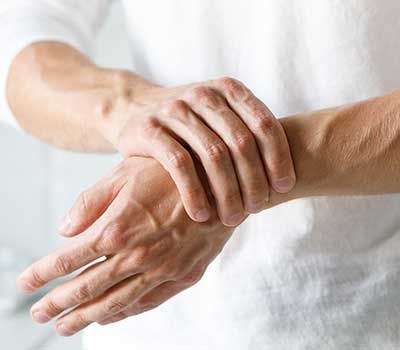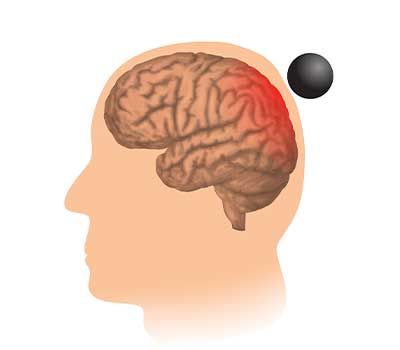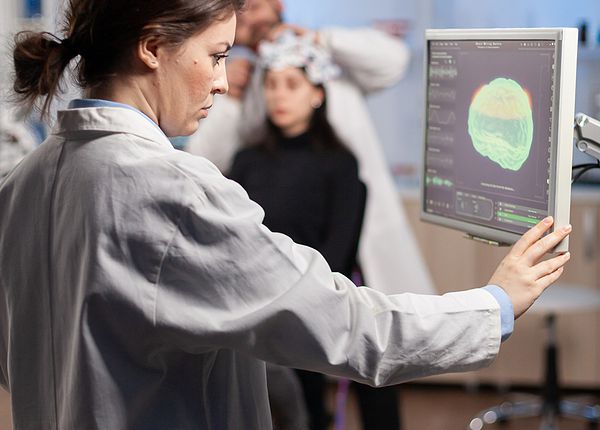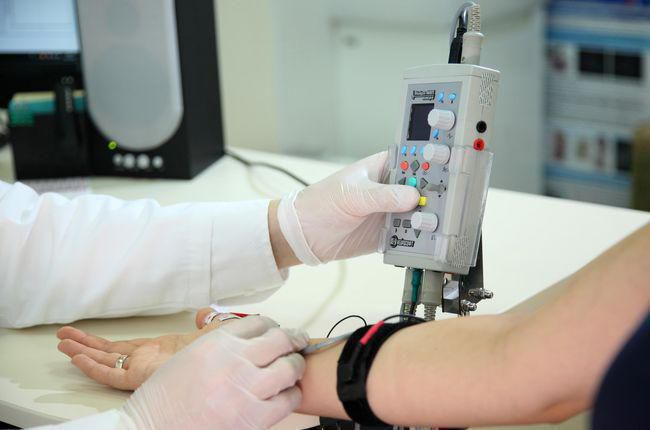Back and Neck pain
Back and neck pain is the experience of striking unpleasant sensation in the regions of your neck, lumbar and thoracic areas.
Almost 80 percent of the working population is known to experience spine and back pain at some point in their lives.
Who gets back and neck pain?
Back and neck pain are generally experienced by patients who are overweight, lack exercise or do too much of it, have osteoporosis, experience extreme levels of stress, and other factors.
What causes back and neck pain?
The exact cause of back and neck pain is hard to determine as there may be several factors contributing to the pain. Reasons can include:
- Strenuous activity or heavy lifting
- Trauma
- Injuries and fractures
- Degeneration of the vertebrae due to stress on the muscles and ligaments supporting the spine
- Infection
- The growth of tumor or bone spur
- Poor muscle tone
- Tension or spasm of the muscle
- The tear of the ligaments or muscles
- Arthritis
What are the symptoms associated with back and neck pain?
Symptoms related to back pain:
- Burning or sharp pain in the back
- Leg numbness or tingling below or above the knee
- Stiffness in the spine experienced from the neck to the tailbone
- Severe pain that radiates from the lower back to the buttocks and down the back of the calf muscles to the toes
- Experiencing acute and persistent pain the middle and lower part of the back (after long-standing or sitting periods)
Symptoms related to neck pain:
- Episodes of extreme headaches
- Shoulder pain
- Headaches
- Shoulder pain
- Dull pain experienced in the neck
Acute back or neck pain may be the result of an injury and would fade away sooner than chronic pain. In case it lasts for more than six weeks, it is vital to seek medical attention, immediately.
Diagnosing Back and Neck pain
Visiting a health care provider for a medical and physical exam can help diagnose the cause for your neck and back pain. A series of tests in the form of EMG/NCS, CT Scans, MRI or X-rays would be conducted during the examination.
Patients may be referred to a neurologist for the evaluation of the cervical (neck), thoracic (back) or lumbar (lower back) areas.
A thorough evaluation would help understand whether complaints of pain are associated with cervical, thoracic or lumbar radiculopathy (pinched nerves).
EMG/NCS - Electromyography/nerve conduction study
An electromyography/nerve conduction consists of two parts that involve an evaluation of peripheral nerves, and muscles in the limbs or the spine. The assessment of peripheral nerves is done by sending electrical impulses through those nerves. Examination of the muscles is done by placing a small needle electrode into the muscles to understand the muscular activity.
This test would help determine whether the nerve issue had arisen in the limb or a pinched nerve from the spine. It can also provide complex information in deciding whether a cervical or lumbar surgery would be required.
MRI/X-ray Study
MRI/X-rays studies help demonstrate the structure and form of the cervical, thoracic, or lumbar spine to conclude the reason behind the pinched nerve and to evaluate for other sources of pain.
Evaluation of Spinal Stenosis
Spinal stenosis is a spine-related neurological condition that affects the cervical, thoracic, or lumbar spine. Cervical spinal stenosis is known to compress the region of the spinal cord in the neck and lead symptoms of pain in both the arms and legs. An EMG/NCS, CT scan or MRI scan can help evaluate spinal stenosis.
Treating back and neck pain
Most cases of back and neck pain are self-treatable. Over-the-counter medicines such as acetaminophen or ibuprofen are prescribed for pain relief when they don't subside in one-two days.
Chronic pain in the back and neck can be treated with:
- Applying hot or cold packs in regions of pain
- Practicing regular neck and back exercises
- Taking anti-inflammatory medicines
- Injections for relief from neck pain
A series of neurodiagnostic testing will help determine the cause and type of treatment for the pain.
In case your condition prolongs, it is wise to seek medical help with no delay. Visit our practice in San Jose for further assistance with your condition. Call us today to request an appointment at (669) 235-4188.




